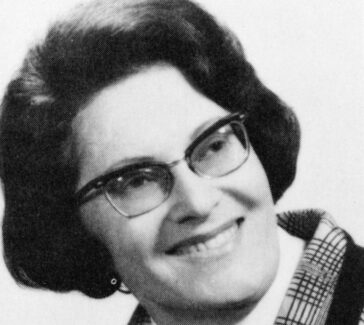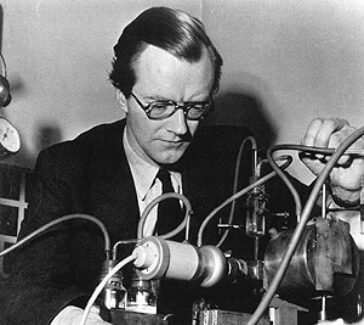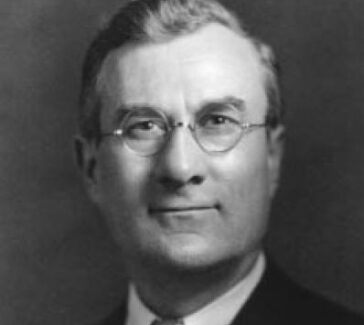Theodore William Richards
For his determinations of atomic weights, Richards became the first American to be awarded the Nobel Prize in Chemistry.
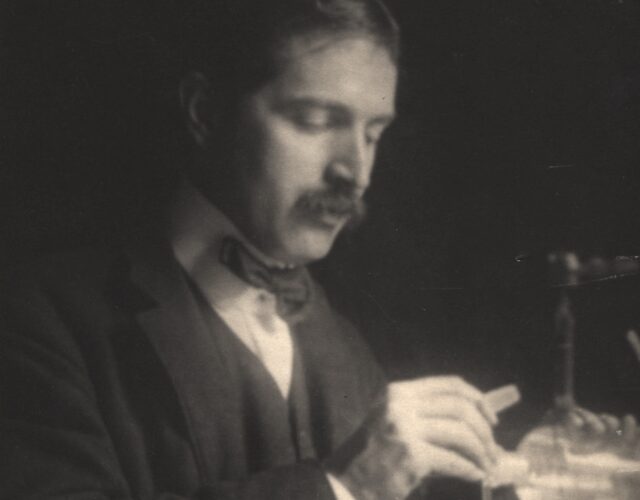
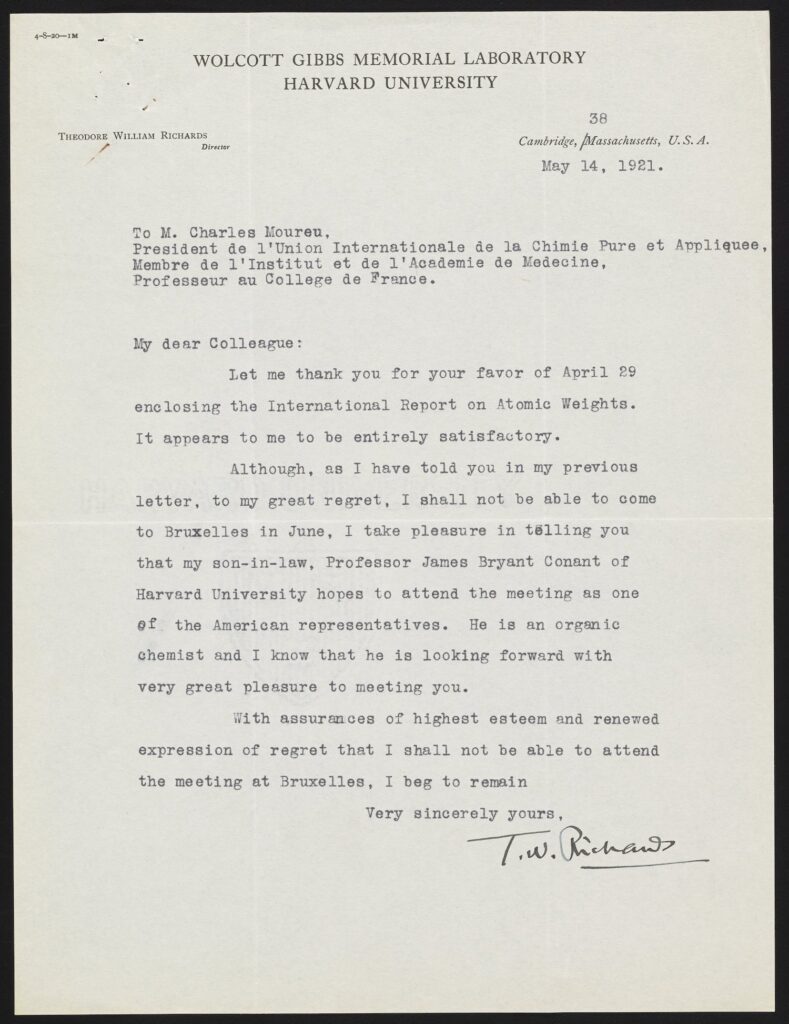
The son of a poet and a painter, Richards went on to become a prolific scientist who is best remembered for his investigations into atomic weights.
Theodore William Richards (1868–1928), the first American to be awarded the Nobel Prize in Chemistry, received it for the year 1914 for his accurate determinations of the atomic weights of a large number of chemical elements—25 in all, including those used to determine virtually all other atomic weights.
His work, which he began publishing in 1887, corrected earlier studies done in the 1860s by Jean Servais Stas. Among other contributions Richards provided the experimental verification of the isotope concept, showing that lead from different sources has different atomic weights.
Born in Germantown, Pennsylvania, Richards was educated at home by his mother, a Quaker author and poet, and his father, a noted painter of seascapes, until he went to Haverford College at the age of 14.
He proceeded to Harvard University, where he earned a doctorate in chemistry by the time he was 20. He remained there as an important researcher and teacher, except for two sojourns in Europe—first on a prize fellowship and, much later, to learn about the latest developments in electrochemistry and thermodynamics to pass on to his students.

